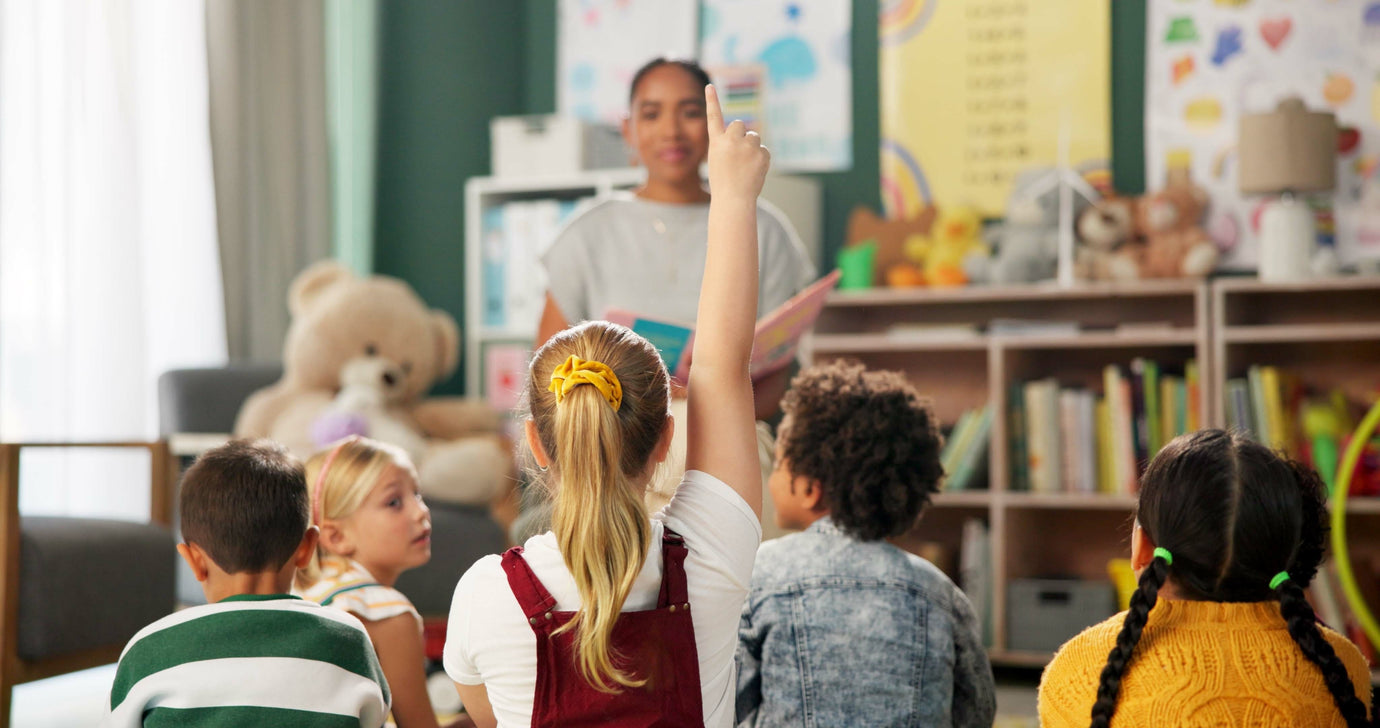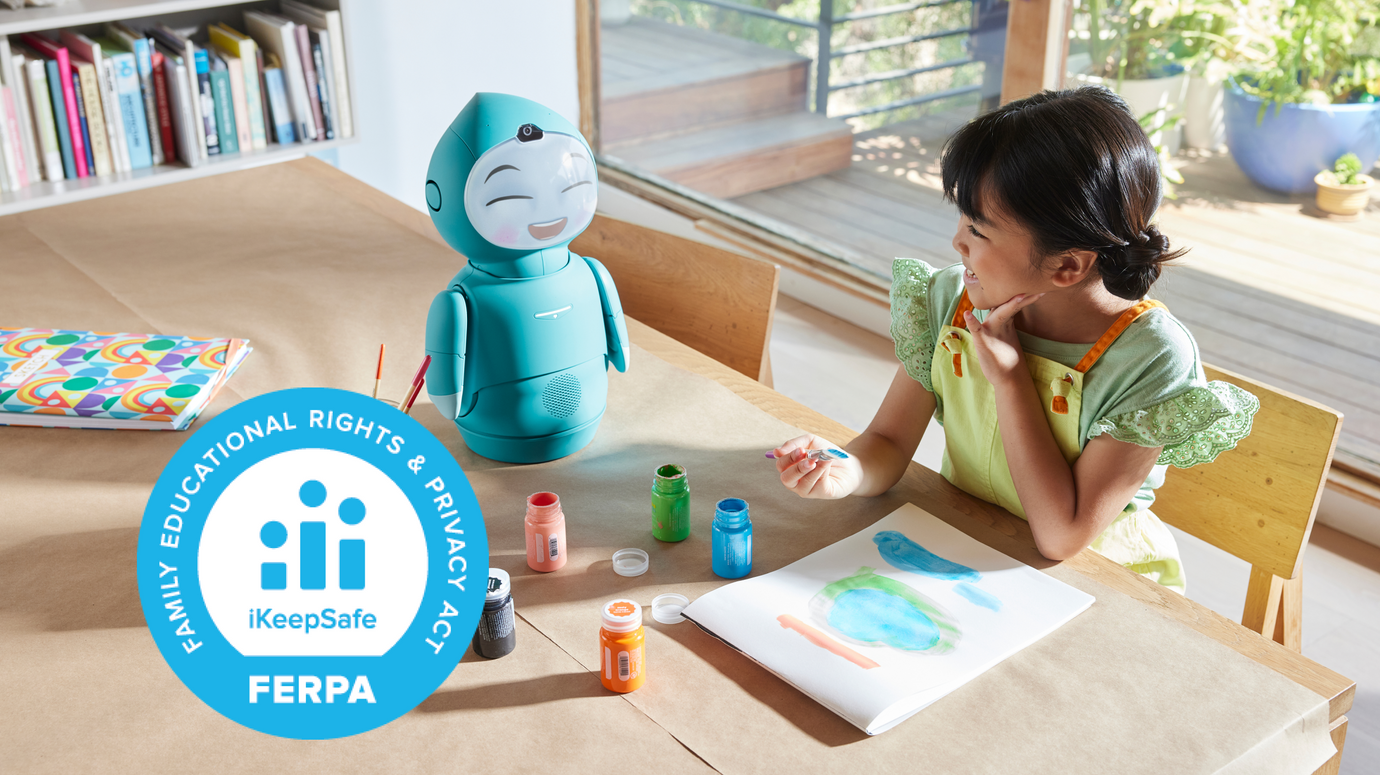The Importance of Developing Emotion Regulation Skills in Children

The Importance of Developing Emotion Regulation Skills in Children
What is emotion regulation and why is it important?
Emotion regulation, sometimes referred to as self-regulation, is our ability to monitor and control different emotions that we may feel at any given time and express them in productive ways. As adults, different experiences cause us to feel a range of both positive and negative emotions throughout the day that we need to respond to. Many of us learned tools over time to help process negative emotions so we can get through the day. However, most of us fall victim at one point or another to letting our emotions get the best of us.

Children experience the same wide array of emotions and experiences during the day, but many have not yet learned the skills needed to identify and process them, resulting in the infamous “tantrum” or “meltdown”. The skills needed for children to develop emotion regulation include the ability to:
- Identify a specific emotion they are feeling.
- Identify emotions others are feeling.
- Calm themselves down when they feel upset.
- Adjust to changes in expectations or plans.
- Handle negative emotions without having an outburst.
- Match emotional reactions to the situation.
Learning emotion regulation skills can be especially difficult for children with sensory sensitivities. These children struggle to process the sensory input around them (e.g., lights, sounds, smells) causing heightened feelings of distress and anxiety. Teaching children and their parents how to recognize and avoid potential sensory stressors is an important additional skill.
Studies have shown that children who possess good emotion regulation skills perform better in school, demonstrate fewer behavioral problems, have more meaningful friendships, improved mental health, and are more resilient in the face of adversity.1 They also have better attention and problem-solving capabilities, and perform better on tasks involving delayed gratification, inhibition, and long-term goals. These effects continue into adulthood and result in improved general well-being.

How does Moxie help children with emotion regulation?
Moxie helps promote the development of skills needed for emotion regulation in a variety of fun and playful ways. Children who struggle to identify emotions in others might have an easier time learning them with Moxie because of its extremely expressive facial features. Moxie acts as a model for children by experiencing different emotions throughout the day that it reacts and responds to.
Every day, Moxie encourages children to talk about how their day went and how they felt. Moxie uses visual aids of different animals (e.g., an angry lion, a sad sloth) to assist children who have trouble identifying how they are feeling using words. Moxie responds with empathy and is a safe place for children to discuss difficult emotions or experiences.
Just like children, Moxie is trying to understand how to deal with difficult emotions such as anxiety, frustration, and anger. Children work with Moxie on weekly missions centered around these themes that encourage children to discuss their emotions and talk with others about how they may be feeling. Moxie also promotes self-regulation tools such as animal breaths, meditation, movement, music, and drawing. When children read to Moxie, it can help spark conversation around difficult emotions and situations some of the characters experience.

Our goal is for children to learn to identify emotions in themselves and others, develop empathy, and learn tools to self-soothe and respond to difficult situations. Moxie encourages conversation and activities around these themes in a fun and empowering way. Through modeling, direct instruction, support, and practice Moxie helps promote the development of emotion regulation skills needed for success.
_________________________
- Murray, Desiree W., Rosanbalm, Katie, Christopoulos, Christina, and Hamoudi, Amar (2015). Self-Regulation and Toxic Stress: Foundations for Understanding Self- Regulation from an Applied Developmental Perspective. OPRE Report #2015-21, Washington, DC: Office of Planning, Research and Evaluation, Administration for Children and Families, U.S. Department of Health and Human Services






